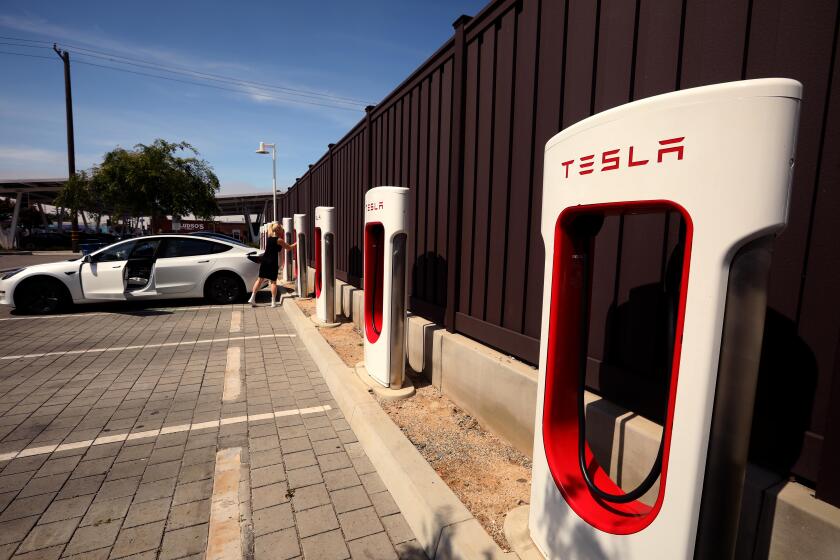U.S. auto insurers seeking to raise premiums
Allstate Corp. and Progressive Corp. are leading the push by U.S. auto insurers to raise premiums in at least 20 states as the $160-billion industry moves to end two years of price reductions.
Insurers say they need higher prices to counter climbing repair and medical costs. Allstate, ranked second by premiums, said collision bills rose 2.2% in the fourth quarter from a year earlier and payouts for injuries increased 9.3%. Safeco Corp., which gets almost half its total premiums from drivers, reported a $19-million loss on auto underwriting.
The rate adjustment might reverse the 20% drop in the market values of Allstate and Progressive during the last 12 months, Bear Stearns Cos. analyst David Small said. Earnings should improve this year because insurers have become better at predicting driving records and then setting prices, he said.
“There’s a lag before rate increases show up on the income statement,” Small said. “But it’s real, it’s happening, and you’ll see it in earnings by the end of the year.”
No rate increases are expected in California. A 1988 voter-approved initiative, Proposition 103, requires that all proposed hikes in automobile insurance premiums be approved by the state Department of Insurance.
The largest car insurers include No. 1 State Farm Mutual Automobile Insurance Co., which isn’t publicly traded, and Berkshire Hathaway Inc.’s fourth-ranked Geico Corp. “Auto insurance has been surprisingly good for quite a while. That’s turning now,” said Warren Buffett, the billionaire chairman of Berkshire Hathaway, at an appearance in Toronto this week. “Frequency of accidents just kept going down for three or four years, which was just amazing, and the severity was not particularly bad. Now both are picking up somewhat.”
Auto coverage typically has been a boom-or-bust business, said Bill Wilt, an analyst at New York-based Morgan Stanley. When insurers make money, they cut prices to gain market share. Then, as premiums fail to cover claims, insurers will raise prices.
This time, insurers are lifting rates before the industry becomes unprofitable, Small of Bear Stearns said.



